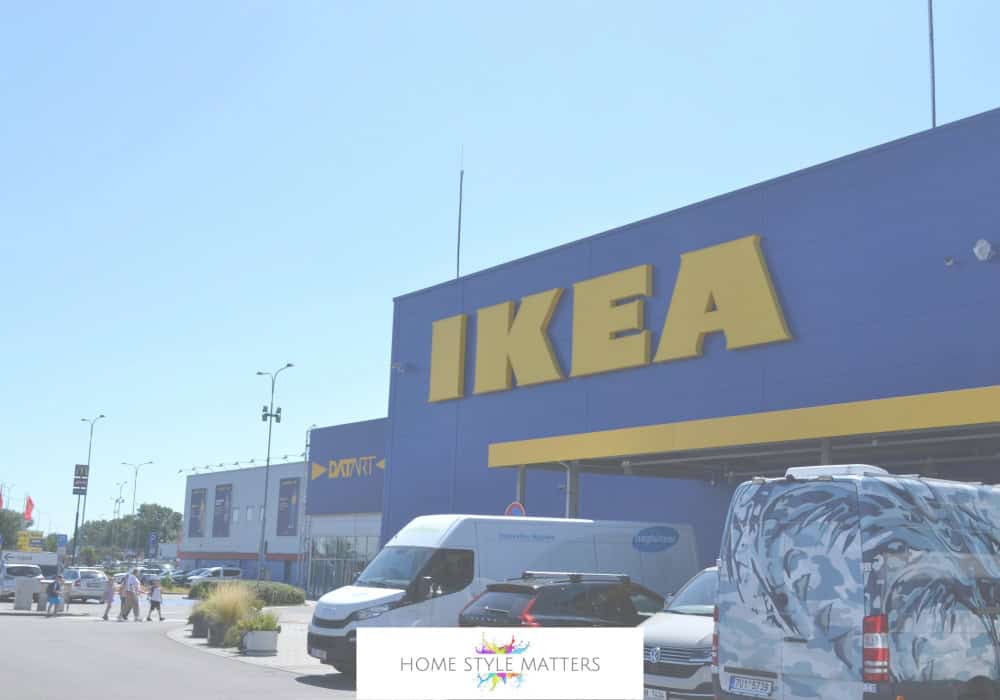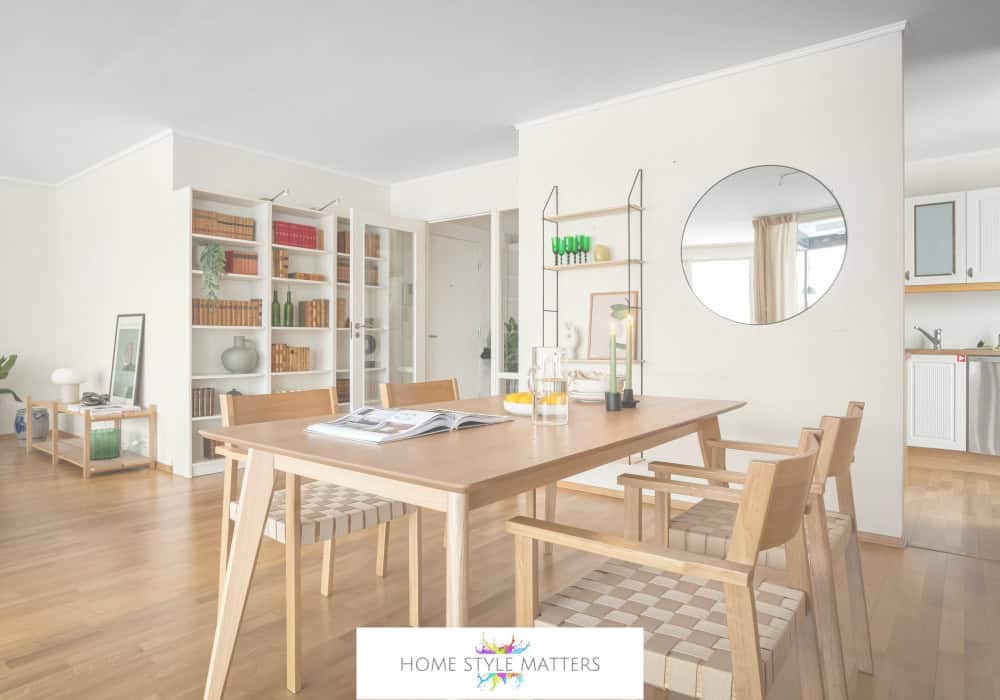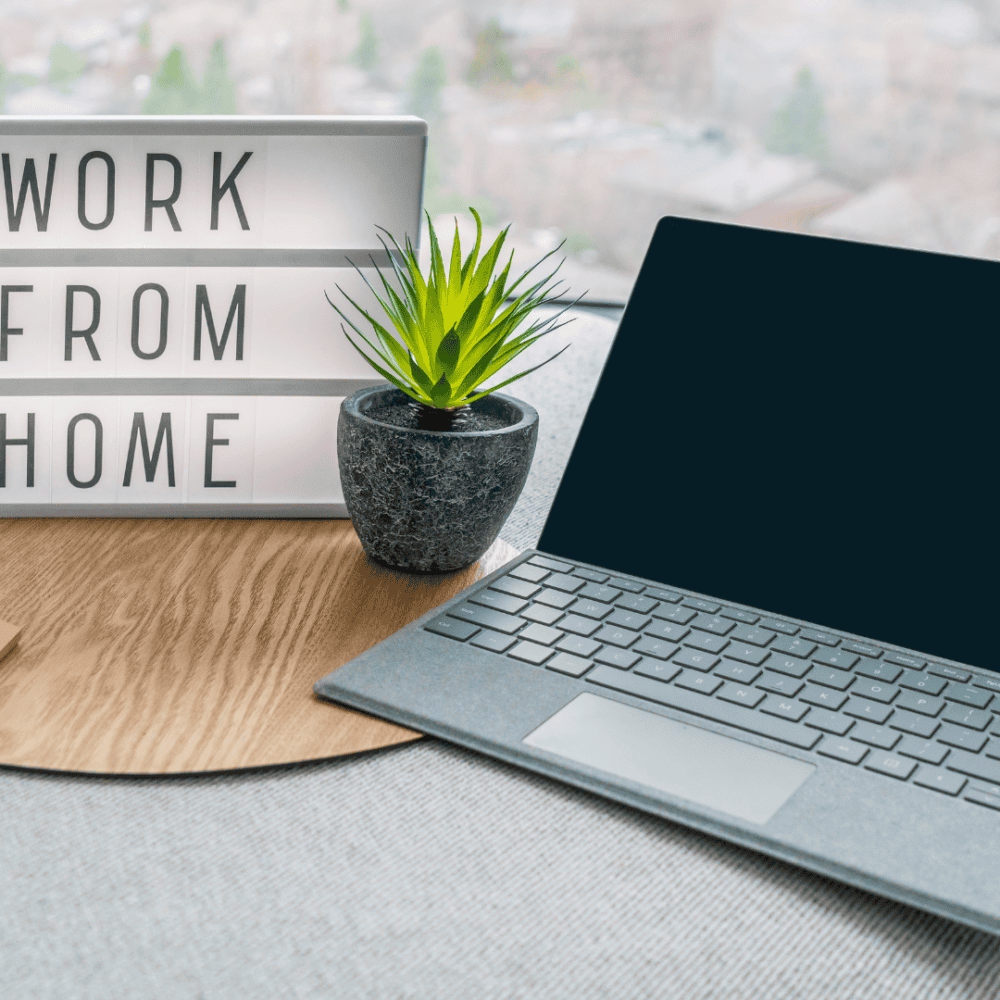IKEA – How the Swedish Giant Shaped Homes in the UK
Table of Contents
Few retailers have redefined home living quite like IKEA. Founded in 1943 in Älmhult, Sweden, IKEA has grown into a global household name, making stylish and functional furniture accessible to all. When IKEA entered the UK in 1987, it brought more than just furniture. It introduced a new way of designing, shopping, and living. Today, the phrase “IKEA” in the UK perfectly reflects the brand’s impact on British households.
The Origins of IKEA

IKEA’s journey began in 1943 in Sweden when the young IKEA founder Ingvar Kamprad, just 17 years old, started the company with a simple vision: to make well-designed swedish furniture accessible to everyone. Initially, IKEA was not focused solely on furniture; it sold a variety of goods, including pens and picture frames. The name itself is an acronym derived from Kamprad’s initials, along with the first letters of his childhood farm on which he grew, Elmtaryd, and the nearby village of Agunnaryd. This humble beginning laid the groundwork for what would become a global phenomenon.
As each IKEA store expanded into the UK market in the 1980s, it introduced a revolutionary approach to home furnishings that emphasized affordability without compromising style. The iconic flatpack furniture design not only reduced costs but also encouraged customers to take part in the experience of creating their homes and the self-assembly process, making furniture ownership more interactive and personal. This innovative model was very popular with UK customers who embraced the DIY ethos. Today, IKEA stands as a symbol of modern living, where Scandinavian design meets functional simplicity, reflecting a broader shift towards minimalism and sustainability in home décor.
IKEA’s Arrival in the UK
In 1987, IKEA opened its first UK new store in Warrington, Cheshire. It was a shopping revolution. With warehouse-style layouts, fully furnished room displays, and self-service furniture collection, IKEA changed how British people thought about home design. With its signature blend of Scandinavian simplicity and functionality, IKEA quickly became a go-to destination for those seeking stylish yet affordable solutions for their homes. The introduction of the IKEA catalogue and flat-pack furniture was not merely a novel concept; it was a revolution that empowered individuals to take charge of their living spaces with ease and creativity.
As IKEA continues to expand its footprint across the UK to over 20 stores nationwide, it stands at the forefront of a growing movement toward accessible design. The company has adeptly integrated local culture into its offerings, introducing products that resonate with British lifestyles while maintaining its distinctive Scandinavian flair. This ability to adapt and innovate ensures that IKEA remains not just a furniture retailer but a pivotal player in shaping the future of interior design and home living in the UK.
IKEA Restaurant
IKEA Restaurants have evolved beyond just a place to refuel during a shopping spree; they are now a must-visit destination in their own right, especially within IKEA UK. The iconic Swedish meatballs may steal the spotlight, but the menu is a treasure trove of diverse flavors, reflecting a growing emphasis on sustainability and plant-based options. With dishes like the vegan meatballs and seasonal salads, IKEA is not only catering to dietary preferences but also championing eco-conscious eating habits.
The design of IKEA Restaurants contributes significantly to the dining experience. Designed with comfort and minimalism in mind, these spaces encourage relaxation and social interaction, making them perfect for families and friends alike. The unique cafeteria-style layout allows customers to explore a variety of dishes, whether you’re enjoying a quiet lunch or a family day out.
IKEA Sustainability
IKEA’s emphasis on sustainability resonated deeply with eco-conscious consumers in the UK. By prioritizing renewable materials and innovative recycling practices, the brand not only catered to the style desires of its customers but also aligned with their values. This commitment to environmental responsibility has played a crucial role in fostering brand loyalty, as shoppers increasingly seek out companies that reflect their own beliefs about sustainability and ethical consumption.
IKEA Overall Best Seller

When it comes to IKEA UK, the overall best seller that continues to capture the hearts of customers is the iconic BILLY bookcases. This versatile piece transcends mere functionality; it embodies a blend of Scandinavian design and practicality that appeals to a wide audience. The BILLY’s customizable nature allows it to seamlessly fit into any living space, whether you’re showcasing your prized collection of books or displaying decorative items. Its simple lines and various color options make it an ideal choice for both minimalist and eclectic interiors alike.
What makes the BILLY flat pack furniture truly remarkable is its adaptability. Beyond serving as a traditional bookcase, it can be transformed into a statement piece by incorporating additional shelves, doors, or even lighting. With sustainability increasingly at the forefront of consumer choices, IKEA’s commitment to using responsibly sourced materials further enhances the BILLY’s appeal. As homeowners seek to create spaces that reflect their unique identities while being eco-conscious, this timeless classic remains a go-to solution.
Why IKEA UK Stands Out
IKEA’s success in the UK lies in its ability to adapt while staying true to its values:
- Affordable Style: Modern furniture at prices everyone can afford and good design.
- Sustainability: IKEA UK is working towards becoming climate positive by 2030, using renewable energy and recycled materials.
- Community Focus: From buy-back schemes to charitable partnerships, IKEA UK supports local communities.
- Digital Convenience: With online shopping, mobile apps, and home planning tools, IKEA product developers make design accessible anytime, anywhere.
The Future of IKEA in the UK
As IKEA UK navigates an ever-evolving retail landscape, its future appears promising yet challenging. The rise of sustainable living is reshaping consumer expectations, pushing IKEA to deepen its commitment to eco-friendly products and practices. This includes not only expanding its range of sustainable furniture but also enhancing the circular economy by encouraging customers to recycle and repurpose their purchases. With the introduction of initiatives like buy-back programs and furniture leasing, IKEA UK is positioning itself as a leader in responsible consumption, resonating with environmentally conscious consumers.
The integration of technology into the shopping experience is set to redefine how customers interact with IKEA UK. Innovations such as augmented reality apps that allow users to visualize furniture in their homes are becoming essential tools for enhancing customer engagement. Additionally, the expansion of IKEA products via click-and-collect services and improved logistics will ensure quicker delivery times, aligning with the growing demand for convenience. IKEA UK continues to innovate. New smaller-format city stores and online platforms are making shopping more accessible. Sustainability remains at the heart of its strategy, ensuring that IKEA will keep shaping British homes for generations to come.
Conclusion
From its humble beginnings in Sweden to becoming a British household favourite, IKEA has done more than sell furniture — it has shaped lifestyles. The emphasis on affordability allows everyone to enjoy well-designed products without breaking the bank. As we move towards a more eco-conscious future, IKEA’s initiatives serve as a guiding light for responsible consumption. Take the first step towards enhancing your home and find the perfect pieces that reflect your personal style!



